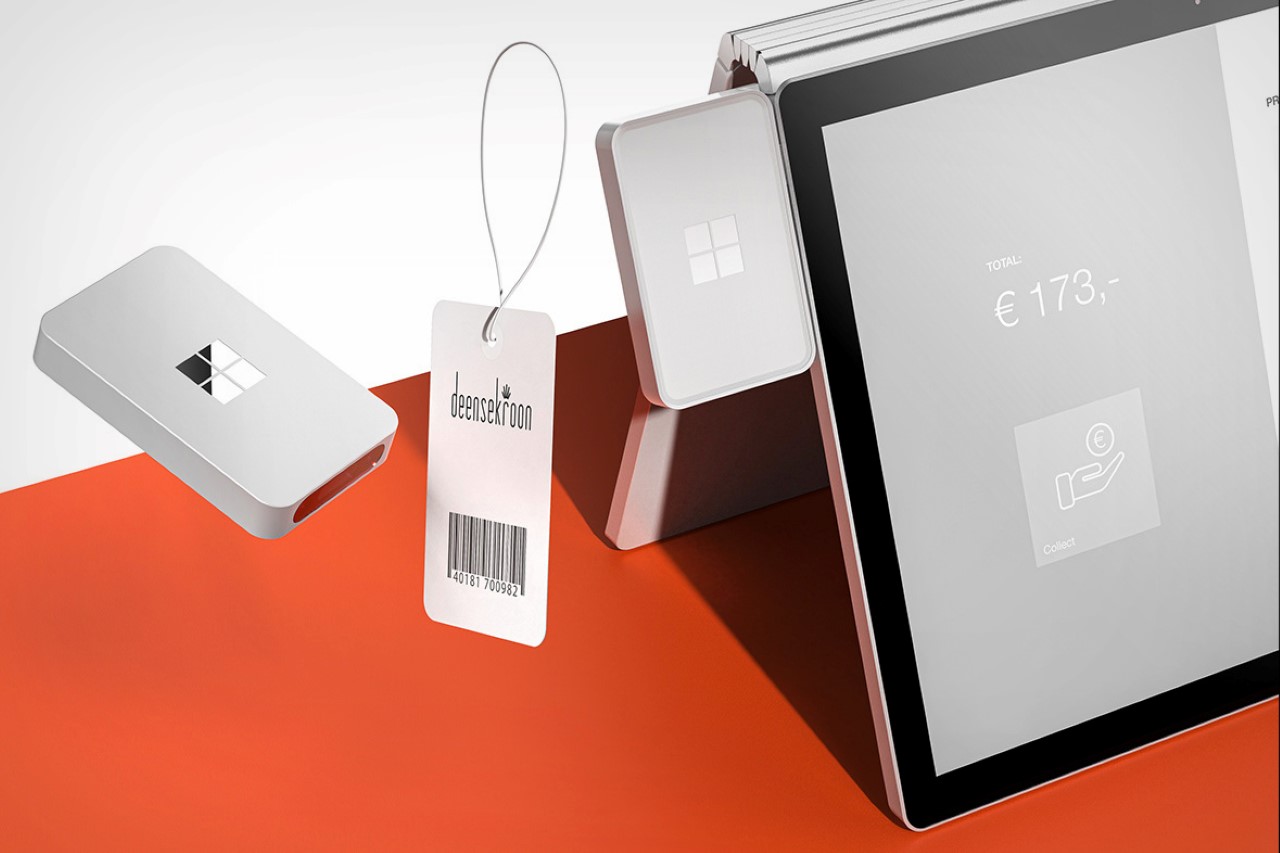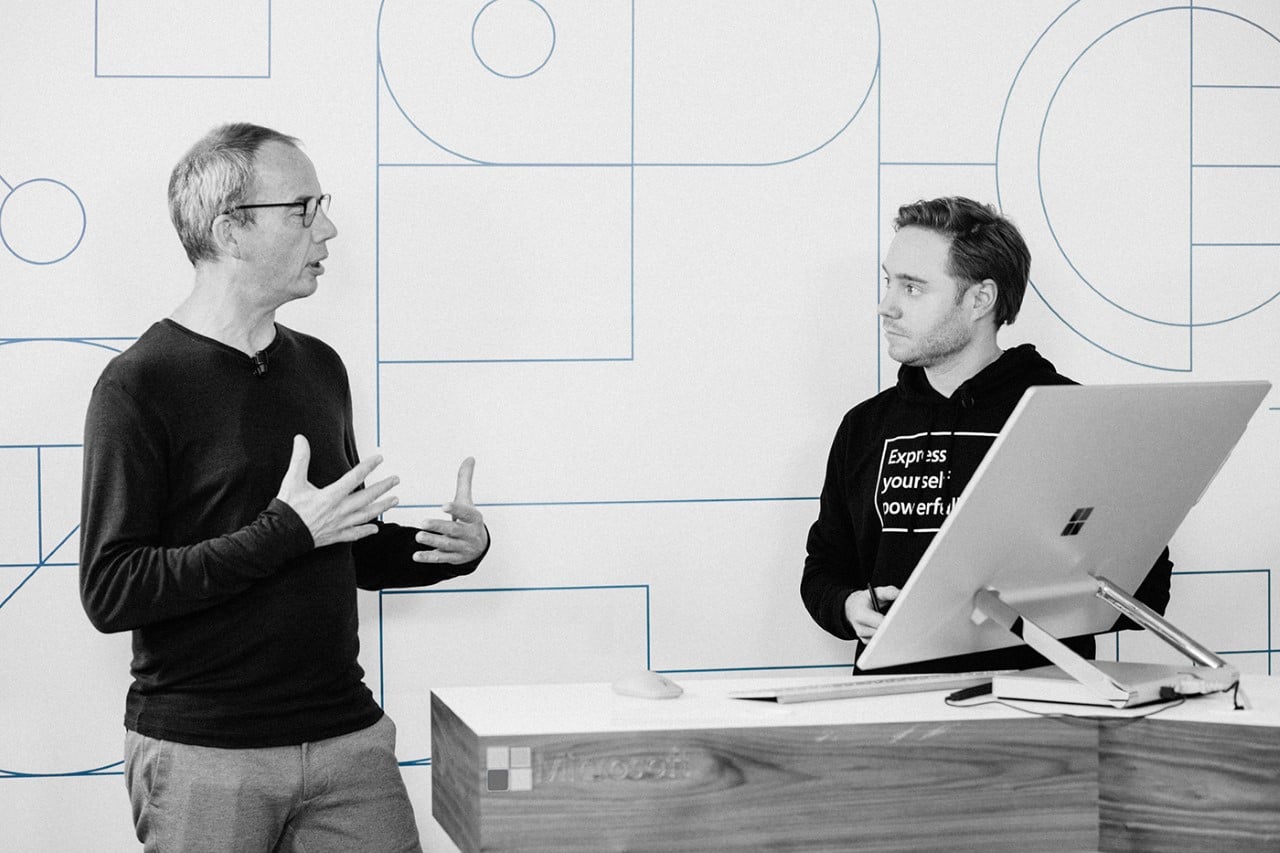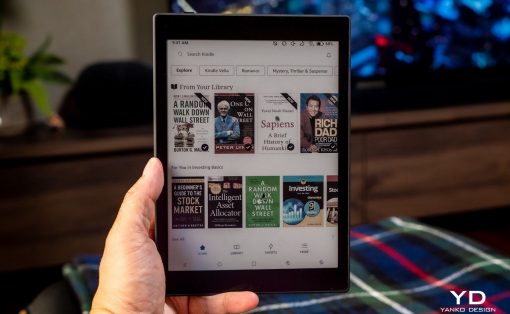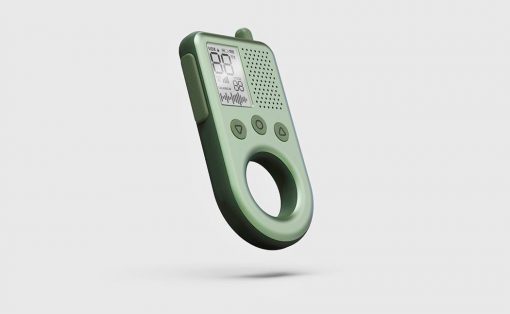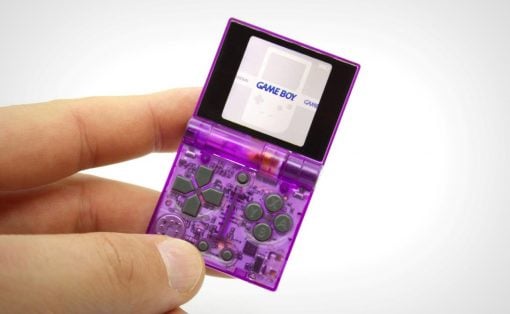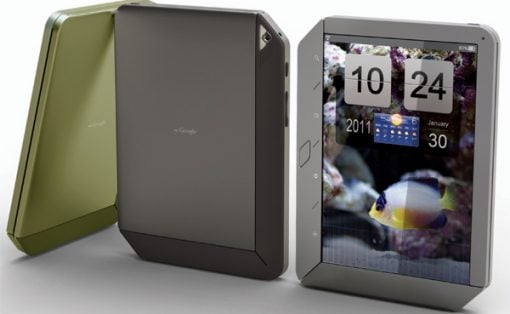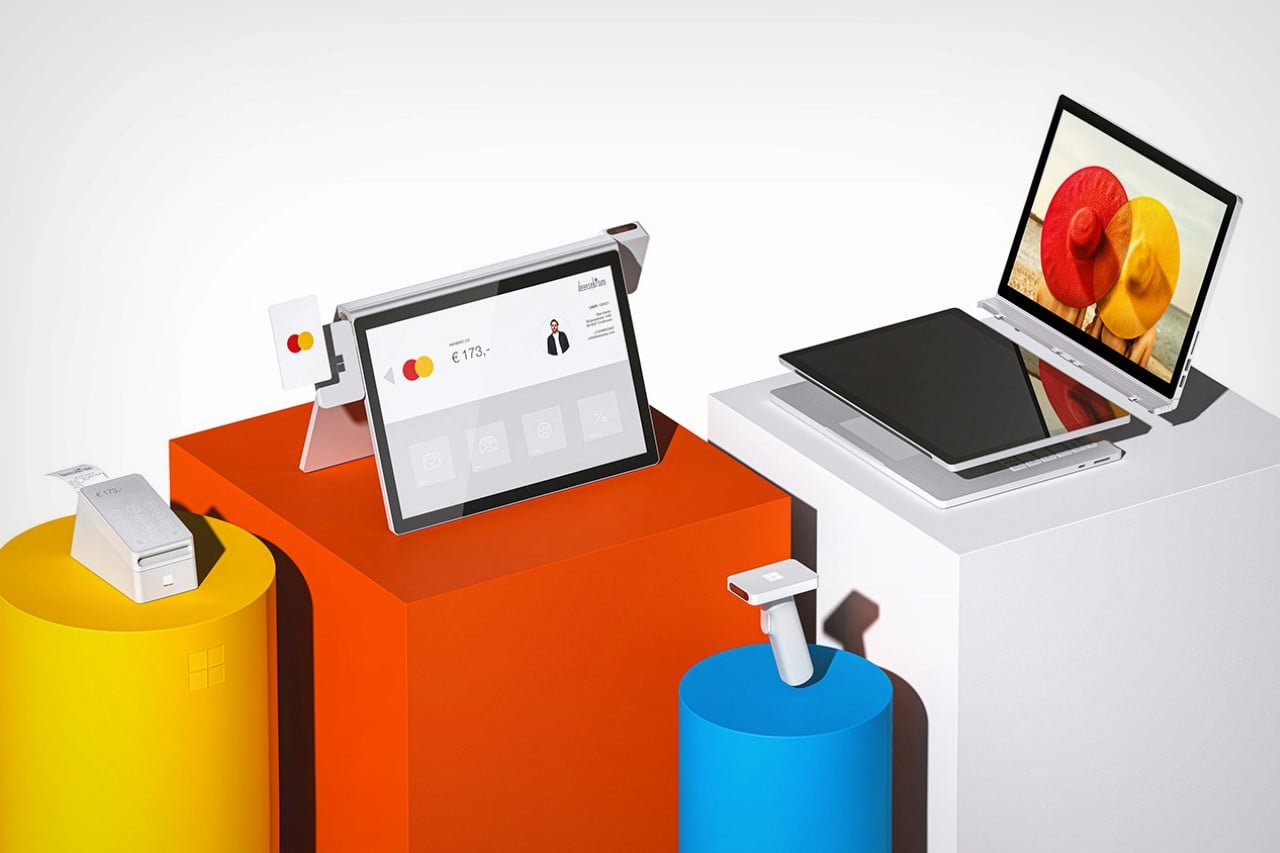
Microsoft’s current CEO Satya Nadella famously mentioned that his vision for the company was to make it like air – invisible, but completely surrounding every single thing you see. After Ballmer’s failed attempts at pushing Windows into smartphones and tablets, Nadella helped pivot it back on track, bolstering Windows and Azure to become the reliable and omnipotent services they are for both consumers and enterprises, while also acquiring LinkedIn and GitHub to really cement Microsoft’s widespread reach. So what’s the next frontier for the Redmond-based company? NFTs? Self-driving cars? Well, designer Bas Kamp believes the next place for the company to make its mark is in the payments industry. Created at a Microsoft Surface virtual design workshop, the Windows Pay concept is a combination of hardware and software that allows Microsoft to cement its place in the retail space by allowing Microsoft Surface tablets to become point-of-sales devices. In a world with oddly shaped POS units that eventually have to interface with Windows computers used by cashiers, Windows Pay makes everything simple and elegant, streamlining the process in a way that Apple Pay or Google Pay probably can’t.
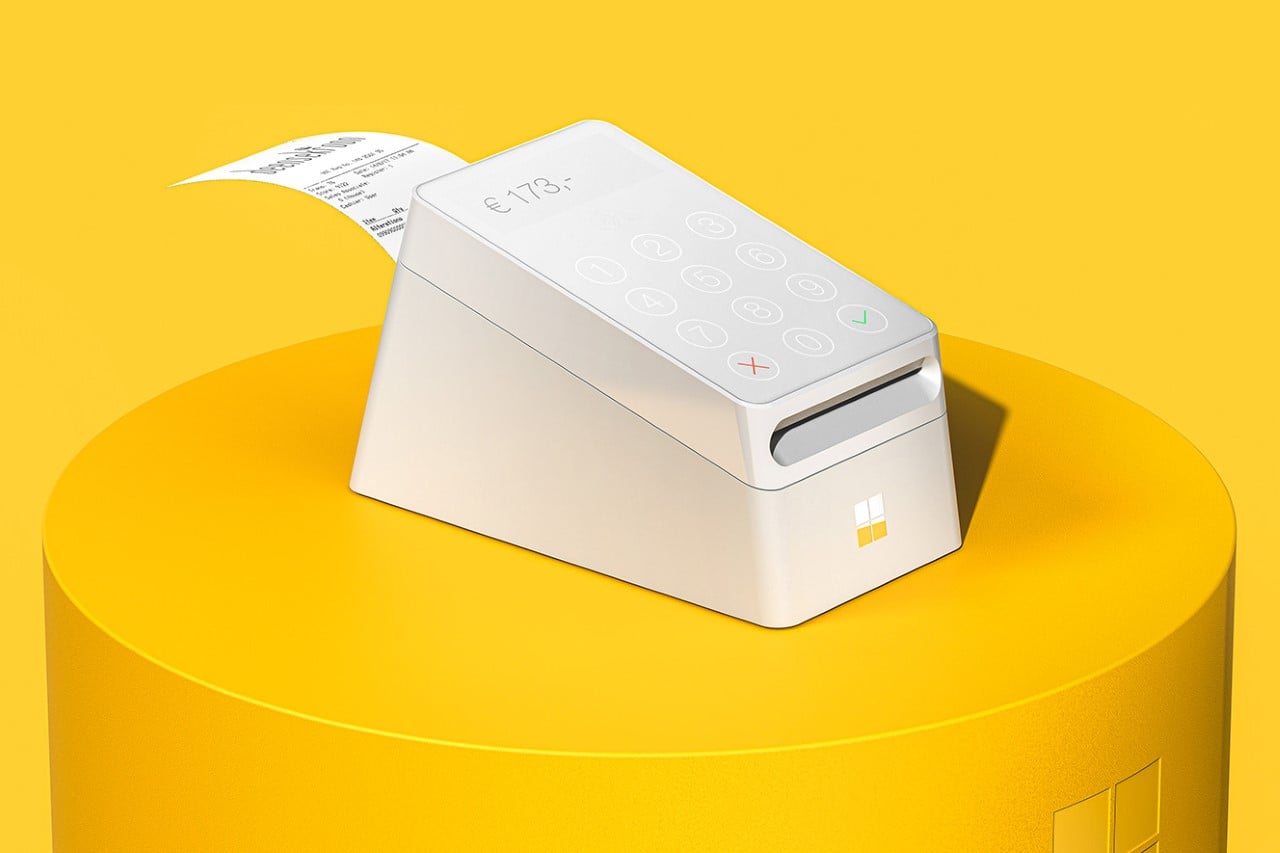
Kamp’s conceptual system uses three hardware devices that pair up with the Surface Book to cover a wide range of scenarios. From a barcode reader that helps with scanning inventory to a tap-to-pay card reader to process payments and finally a traditional POS device for accepting cards and printing invoices, Windows Pay brings the archaic system of retail payments into the modern age with a refined design and experience.
Right above is the Digital POS device that lets you use magnetic strip cards to make payments. The product definitely echoes the Surface’s uniquely minimal design language, with sleek lines, sharp edges, geometric shapes, and the use of matte/chrome metal. While most POS devices come with archaic black and white screens and ugly keypads, the Windows Pay POS refines it by giving it a touch of minimalism. The interface on the Windows Pay POS is entirely touch-sensitive, with capacitive buttons and a minimal display that guides you through the payment procedure.
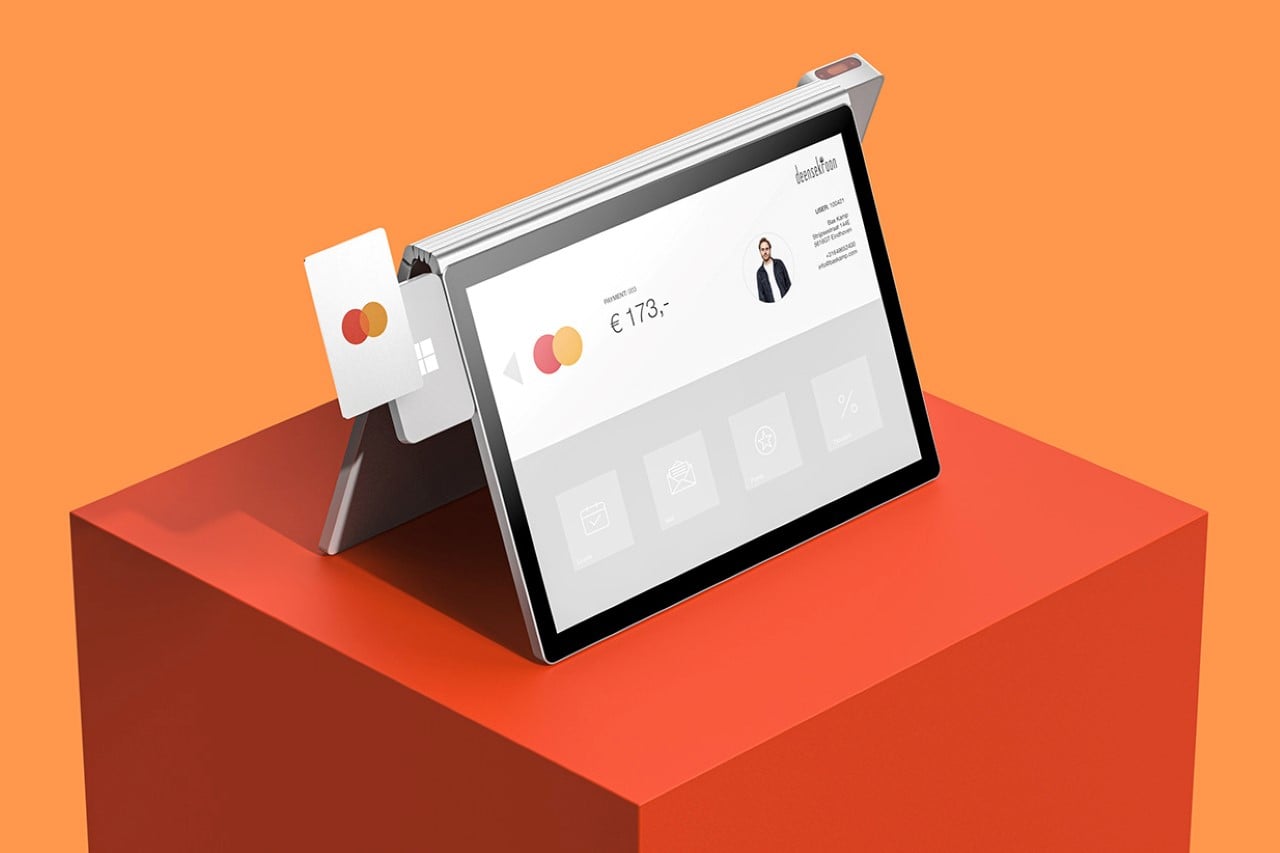
For newer cards with tap-to-pay features, or even NFC-enabled payment systems on Apple and Android devices, the Windows Pay Card Reader sits perpetually docked against the side of a Surface device, letting people instantly checkout with a mere tap of a card or smartphone. This makes checking out faster and works exceptionally well for self-checkout kiosks and terminals, leveraging the power of Windows Pay to help people easily make payments. The card reader doesn’t need a display, like the POS device. Instead, it sits docked against a computer, using the computer’s interface to simplify payments.
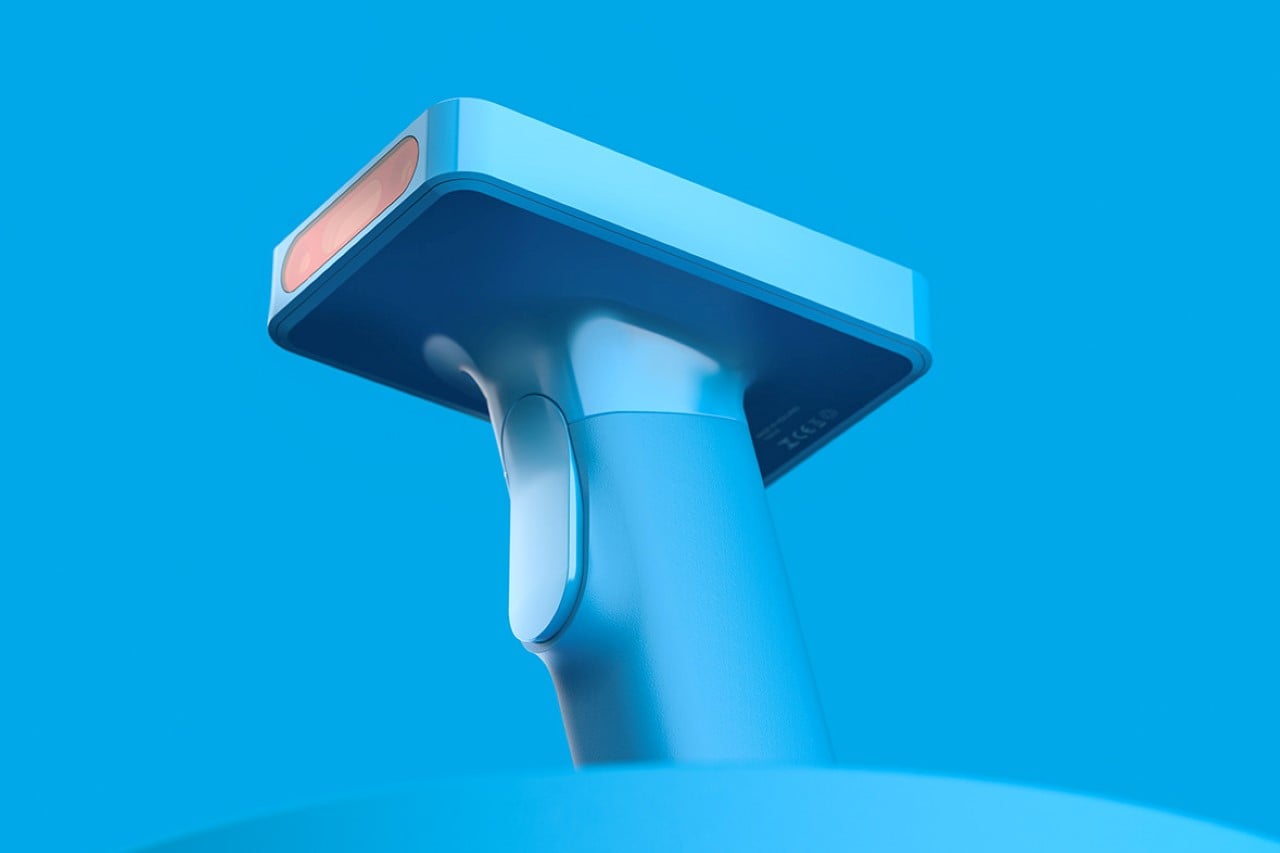
Perhaps the most eyecatching of all the products is the Windows Pay barcode scanner. Designed with a minimal form language and in a variety of eye-catching colors, the Windows Pay barcode scanner brings the entire retail experience into the modern age, equipping cashiers with the best modern tools to get the job done.
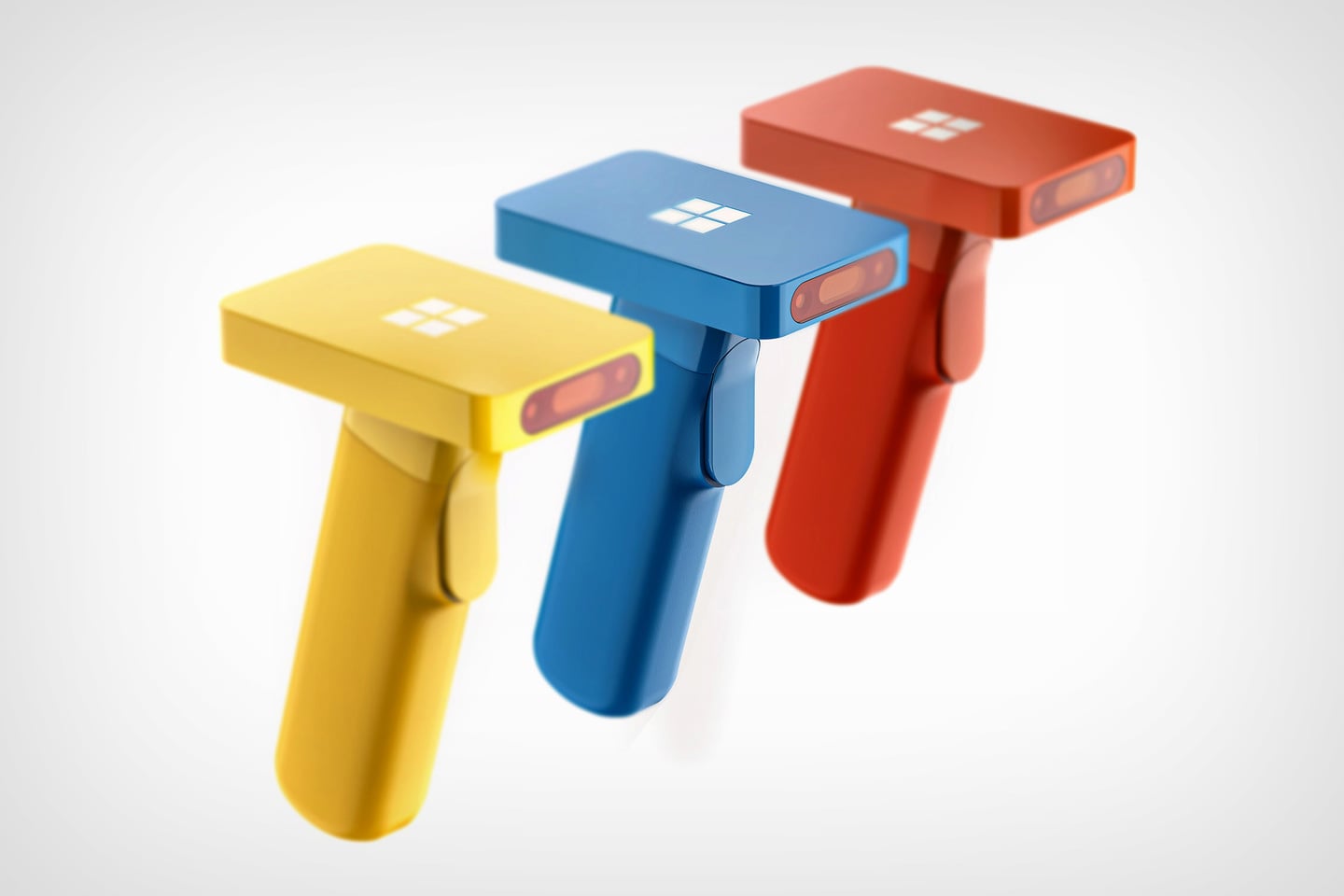
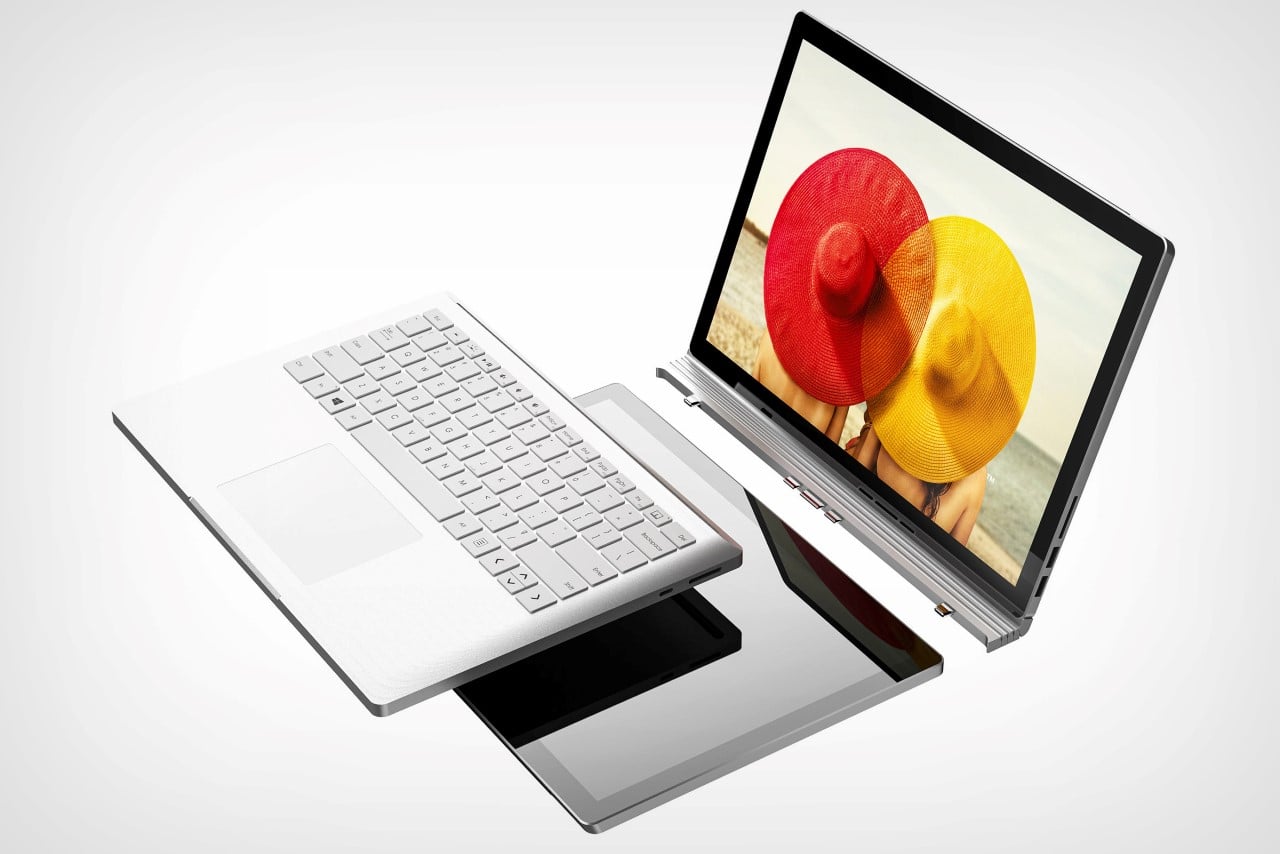
Kamp even took the liberty of designing a new Tablet/Laptop hybrid for Microsoft, relying on the Surface Book’s famous hinge design, and a modular setup that lets you swap out the keyboard for a secondary display.
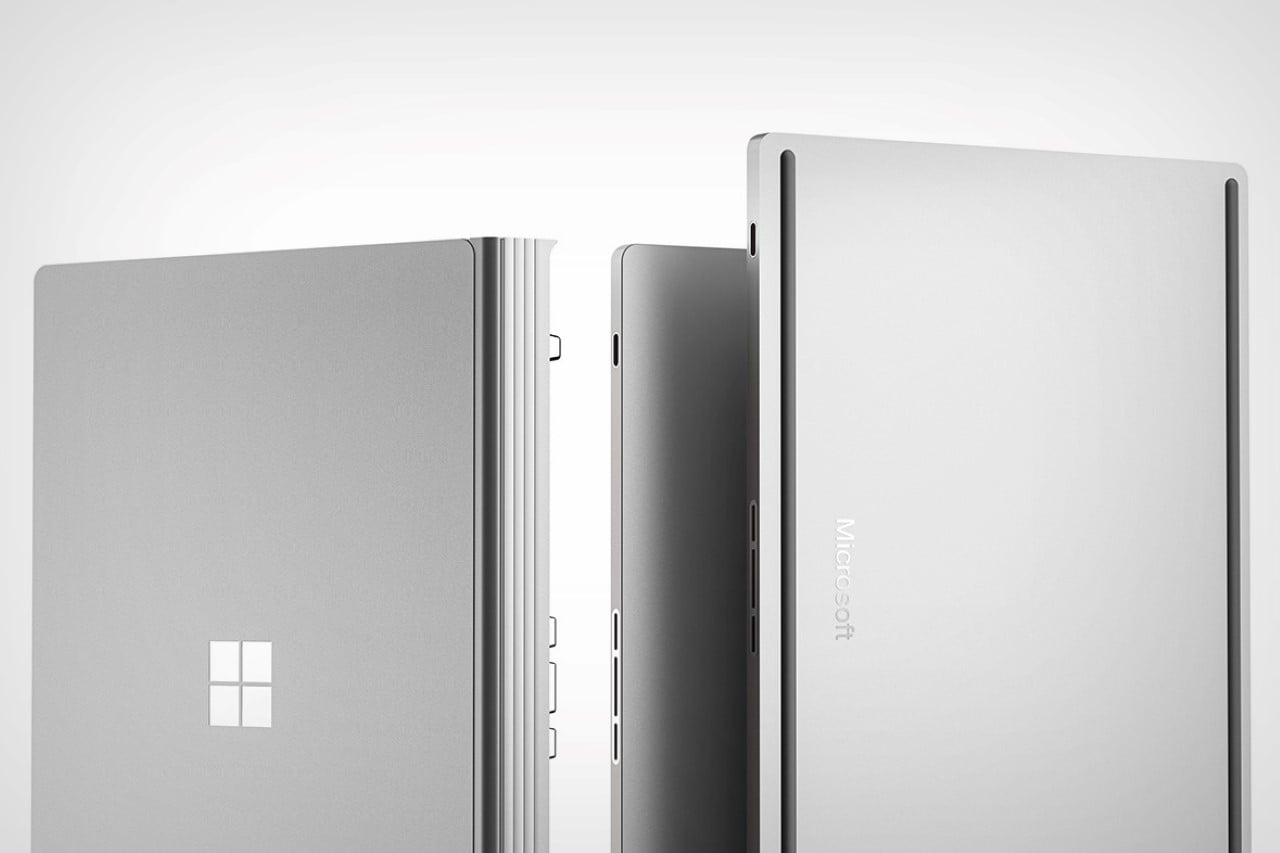
The reason Windows Pay stands out as such a powerful concept is that even though it’s so remarkably designed, it makes natural sense for Microsoft to expand into payments. While Apple and Google will have you believe that their payment platforms and wallets are all the rage, the truth is that Windows finds itself in literally every payment gateway in the world, from the computer your cashier uses to bill you, to even the ATM you withdraw cash from. Although it would be a pretty massive undertaking for Microsoft to roll out this series of devices and services across every corner of the world, it does definitely make sense for the company, allowing them to cement themselves in retail and enterprise in a way that not a single other silicon valley giant can. If Nadella wants Microsoft to be like ‘air’, it should definitely look at the world of retail and payments – two places where Windows play an absolutely integral role.
Designer: Bas Kamp
